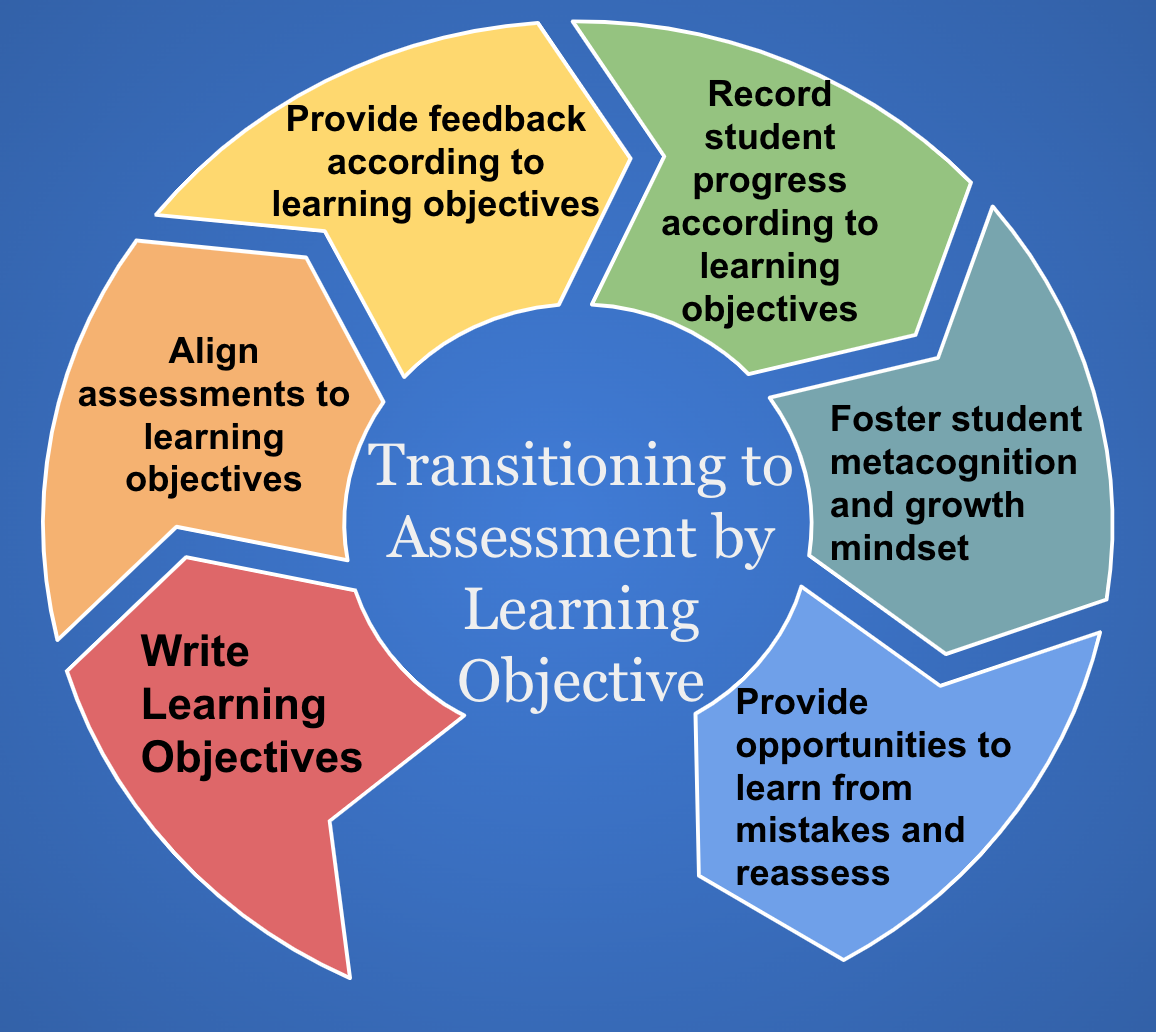I just finished a wonderful week of leading @STEMteachersNYC workshops with Manjula Nair to help teachers implement standards-based grading.
Make one key change: record student understanding by concept rather than by assessment.
What& #39;s the big deal? (A thread)
#SBGchat
Make one key change: record student understanding by concept rather than by assessment.
What& #39;s the big deal? (A thread)
#SBGchat
Students and teachers develop itemized feedback about what has been learned and what needs more practice and support to be fully learned.
"If at first you don& #39;t succeed, try, try again."
"If at first you don& #39;t succeed, try, try again."
Students use feedback to keep working towards mastery of concepts and get credit for what they learn.
(Don& #39;t we want our students to learn as much as they possibly can?)
Carol Dweck: https://www.mindsetworks.com/science/ ">https://www.mindsetworks.com/science/&...
(Don& #39;t we want our students to learn as much as they possibly can?)
Carol Dweck: https://www.mindsetworks.com/science/ ">https://www.mindsetworks.com/science/&...
Carefully defining your learning objectives (or standards) for your course:
[] clarifies expectations for your students
[] focuses assessments
[] centers instruction
http://www.modelingscience.org/home/thoughts/craftingmultipurposelearningobjectives">https://www.modelingscience.org/home/thou...
[] clarifies expectations for your students
[] focuses assessments
[] centers instruction
http://www.modelingscience.org/home/thoughts/craftingmultipurposelearningobjectives">https://www.modelingscience.org/home/thou...
Traditional grading hides implicit bias. SBG makes us more aware of our biases as we mindfully work towards equitable assessment.
Joe Feldman: https://gradingforequity.org/ ">https://gradingforequity.org/">... “Traditional grading disproportionately punishes vulnerable students and rewards more advantaged students.”
Joe Feldman: https://gradingforequity.org/ ">https://gradingforequity.org/">... “Traditional grading disproportionately punishes vulnerable students and rewards more advantaged students.”
”Students who have experienced years of failure — whether from constant judgments of their behavior or unsound mathematical calculations — respond to more equitable grading with more intrinsic motivation to learn, more trust in and stronger relationships with their teachers . . .
. . . and greater confidence in their own capabilities as learners."
See http://www.gradingforequity.org"> http://www.gradingforequity.org
See http://www.gradingforequity.org"> http://www.gradingforequity.org
SBG gives us a vehicle for meaningful assessment during remote learning.
Thomas Guskey: http://tguskey.com/assessments-and-grading-in-the-midst-of-a-pandemic/">https://tguskey.com/assessmen...
Thomas Guskey: http://tguskey.com/assessments-and-grading-in-the-midst-of-a-pandemic/">https://tguskey.com/assessmen...
Assessments are "Low stakes, high expectations" (Thanks @kellyoshea) Mistakes are a necessary part of learning and SBG provides a safe space to learn from mistakes while traditional grading tends to treat mistakes punitively. https://kellyoshea.blog/2015/07/23/standards-based-grading-5-6-8-10/">https://kellyoshea.blog/2015/07/2...
So we spent a week helping teachers to develop SBG systems that work for their students, their courses, their schools. SBG is not one-size-fits-all. I hope you& #39;ll move towards SBG and perhaps join us for a future @STEMteachersNYC workshop!
http://www.modelingscience.org/home/thoughts/an8-steptransitionfrompoints-basedgradingtostandards-basedgrading">https://www.modelingscience.org/home/thou...
http://www.modelingscience.org/home/thoughts/an8-steptransitionfrompoints-basedgradingtostandards-basedgrading">https://www.modelingscience.org/home/thou...

 Read on Twitter
Read on Twitter


